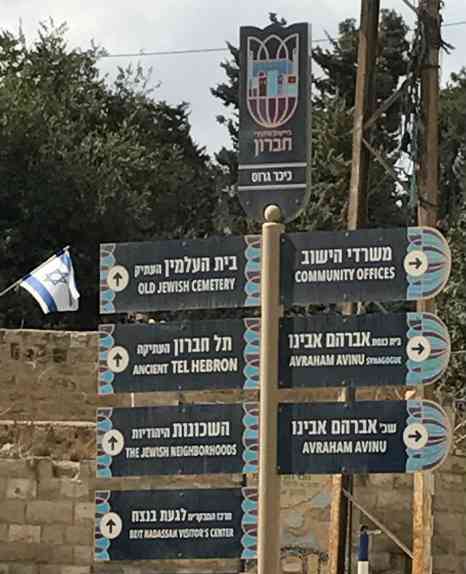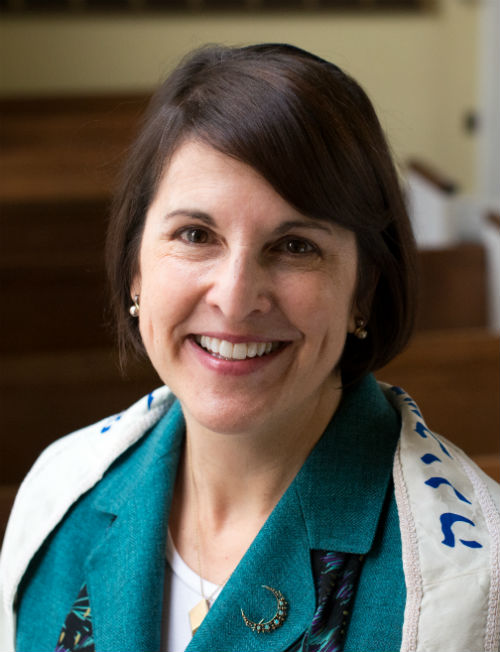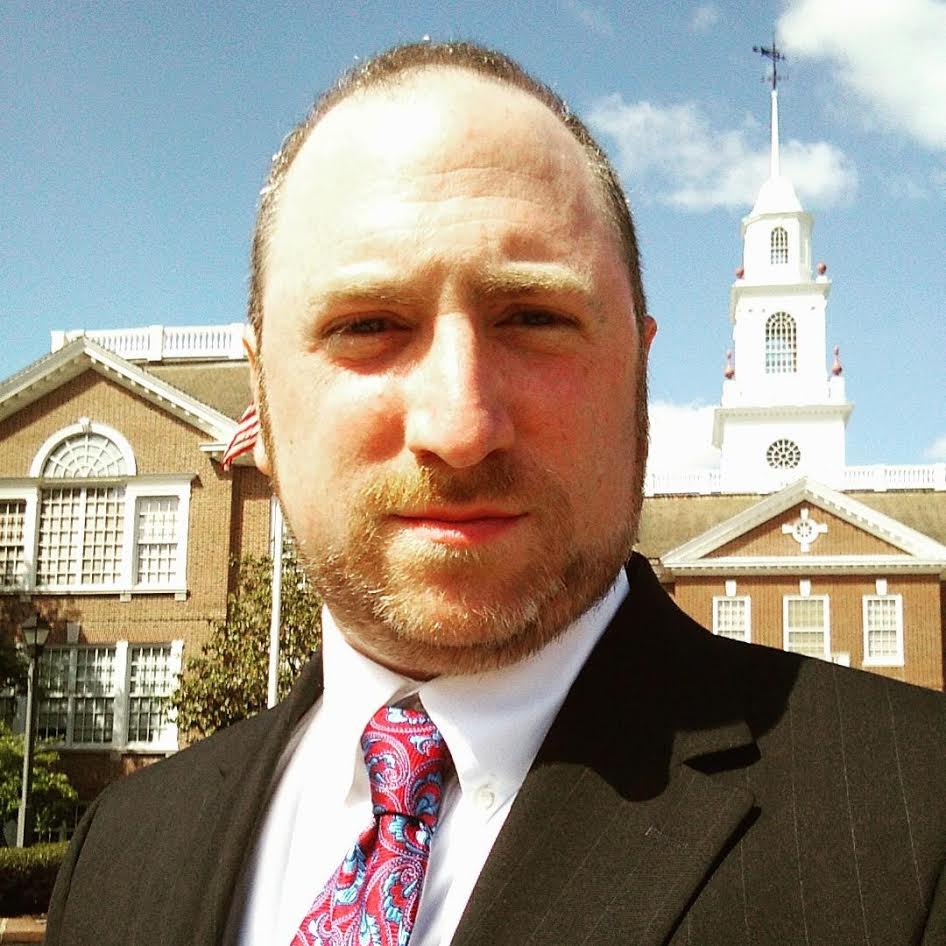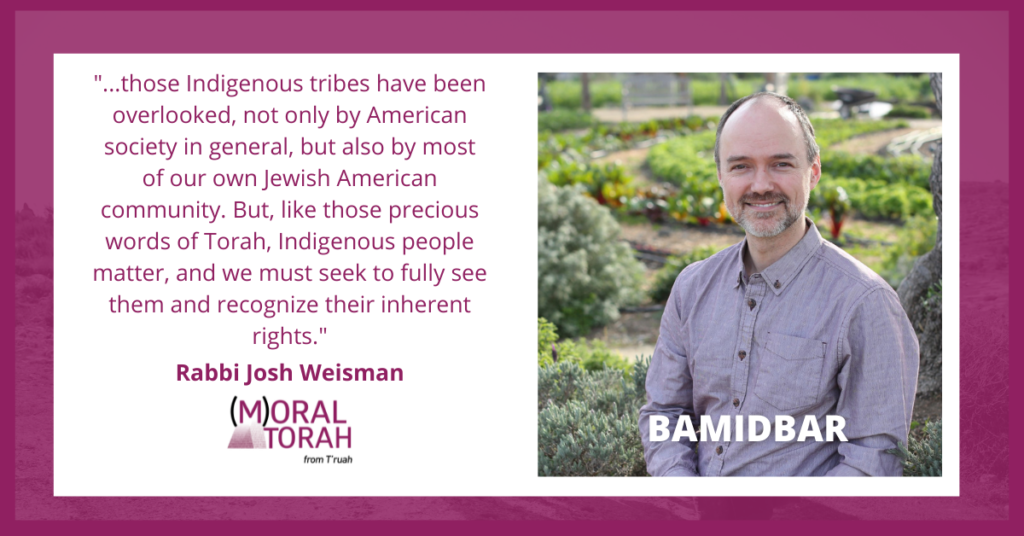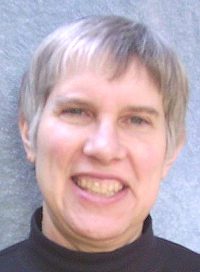My trip to Immokalee
CONGREGATION SHA’AREI KODESH 2nd Day of Passover MARCH 27, 2013 © RABBI LOUIS RIESER Hag kasher v’Sameah. I want to thank Rabbi Baum for this invitation to speak about my experience in Immokalee with T’ruah: The Rabbinic Call for Human Rights. In January I joined 9 other rabbis to learn first-hand about the conditions...
read more

